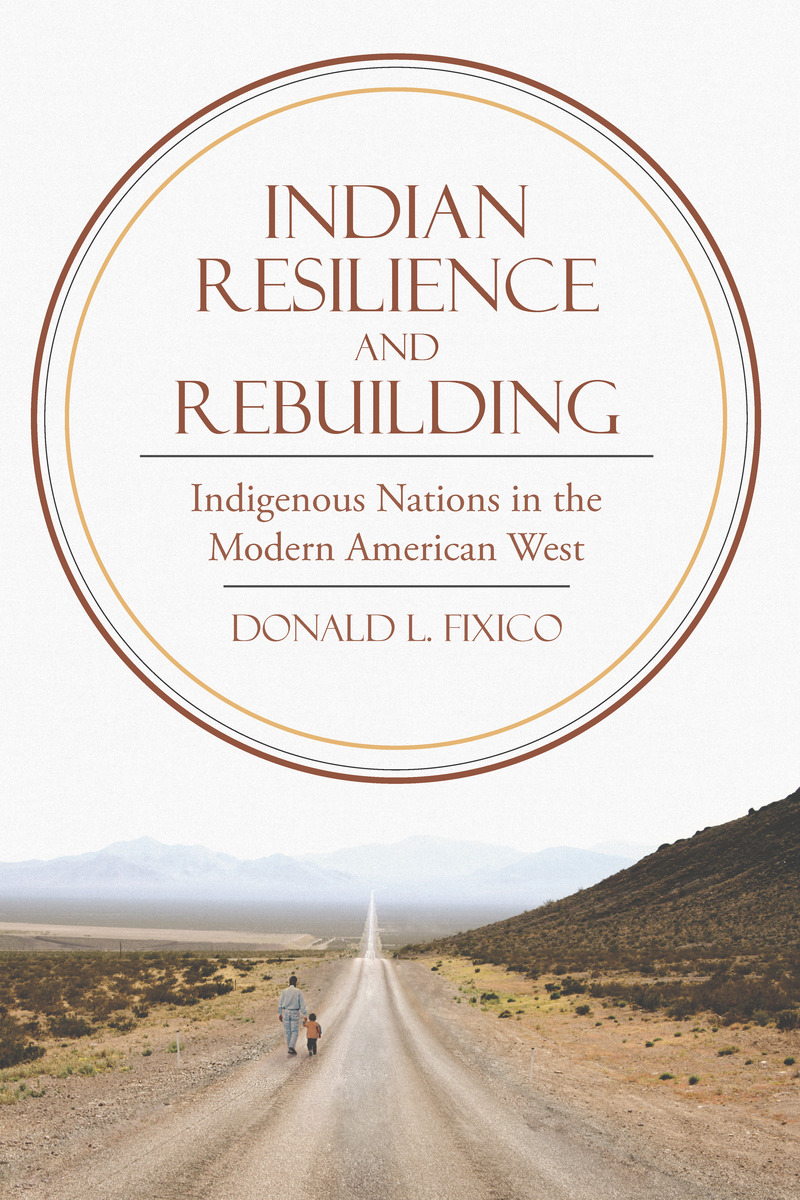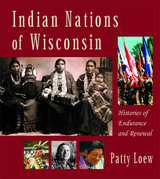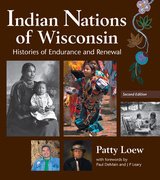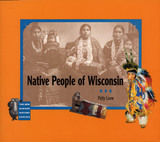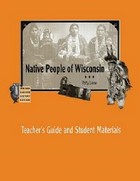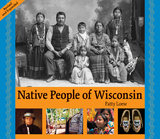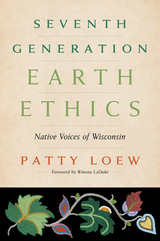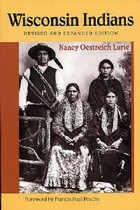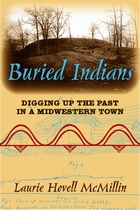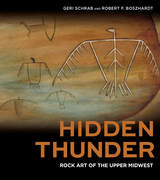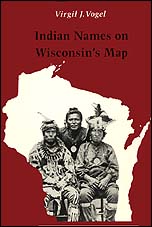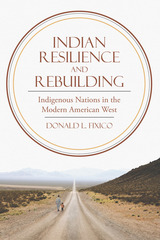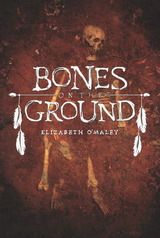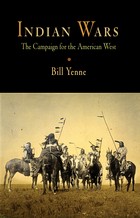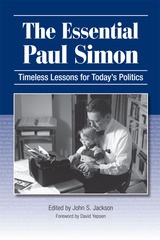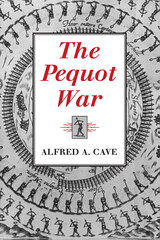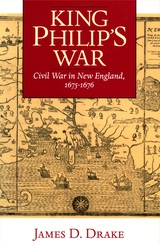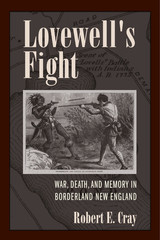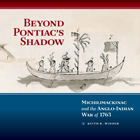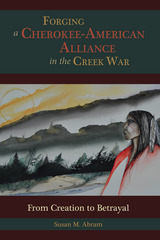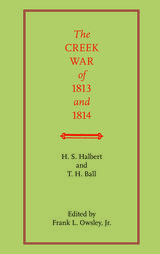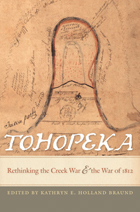Indian Resilience and Rebuilding: Indigenous Nations in the Modern American West
University of Arizona Press, 2013
eISBN: 978-0-8165-9925-7 | Paper: 978-0-8165-3064-9 | Cloth: 978-0-8165-1899-9
Library of Congress Classification E78.8.F58 2013
Dewey Decimal Classification 323.1197
eISBN: 978-0-8165-9925-7 | Paper: 978-0-8165-3064-9 | Cloth: 978-0-8165-1899-9
Library of Congress Classification E78.8.F58 2013
Dewey Decimal Classification 323.1197
ABOUT THIS BOOK | AUTHOR BIOGRAPHY | REVIEWS | TOC
ABOUT THIS BOOK
Indian Resilience and Rebuilding provides an Indigenous view of the last one-hundred years of Native history and guides readers through a century of achievements. It examines the progress that Indians have accomplished in rebuilding their nations in the 20th century, revealing how Native communities adapted to the cultural and economic pressures in modern America. Donald Fixico examines issues like land allotment, the Indian New Deal, termination and relocation, Red Power and self-determination, casino gaming, and repatriation. He applies ethnohistorical analysis and political economic theory to provide a multi-layered approach that ultimately shows how Native people reinvented themselves in order to rebuild their nations.
Fixico identifies the tools to this empowerment such as education, navigation within cultural systems, modern Indian leadership, and indigenized political economy. He explains how these tools helped Indian communities to rebuild their nations. Fixico constructs an Indigenous paradigm of Native ethos and reality that drives Indian modern political economies heading into the twenty-first century.
This illuminating and comprehensive analysis of Native nation’s resilience in the twentieth century demonstrates how Native Americans reinvented themselves, rebuilt their nations, and ultimately became major forces in the United States. Indian Resilience and Rebuilding, redefines how modern American history can and should be told.
Fixico identifies the tools to this empowerment such as education, navigation within cultural systems, modern Indian leadership, and indigenized political economy. He explains how these tools helped Indian communities to rebuild their nations. Fixico constructs an Indigenous paradigm of Native ethos and reality that drives Indian modern political economies heading into the twenty-first century.
This illuminating and comprehensive analysis of Native nation’s resilience in the twentieth century demonstrates how Native Americans reinvented themselves, rebuilt their nations, and ultimately became major forces in the United States. Indian Resilience and Rebuilding, redefines how modern American history can and should be told.
See other books on: Government relations | Indigenous | Modern American West | Rebuilding | Self-determination, National
See other titles from University of Arizona Press
